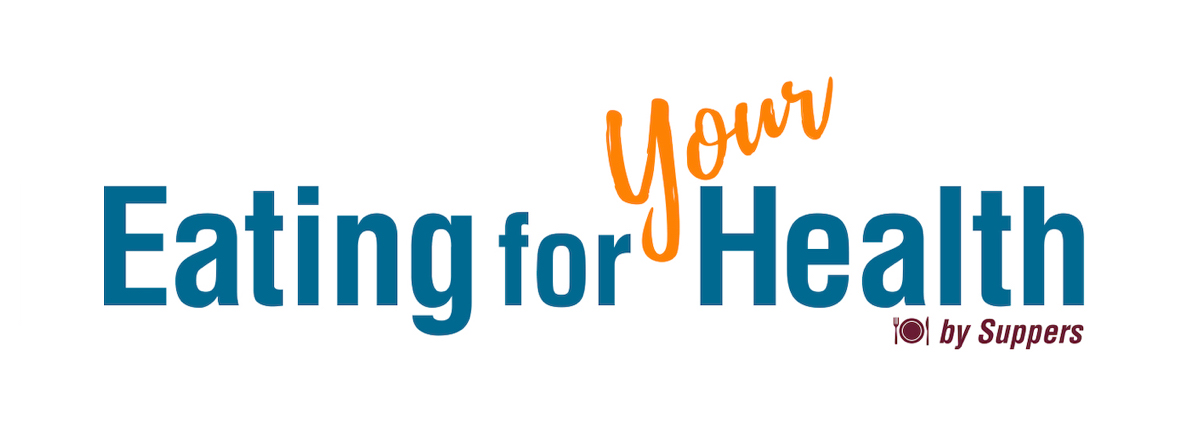As more and more of our health woes are tied to inflammatory responses, interest is growing in natural ways to reduce inflammation. Consider the following ways in which it is possible to lower inflammation, noting which you are already doing, which you would like to try. Use it in a group discussion and be sure to note the kinds of supports you would need to make the lifestyle changes.
This will be important work for you if you experience inflammatory conditions including: arthritis, obesity, diabetes, heart disease, digestive issues (IBS, Crohn’s, intestinal bloating, diarrhea, constipation), chronic pain, menstrual pain, cancer, osteoporosis, depression or anxiety, asthma, ADHD and allergies, to begin the list, of inflammatory responses.
- Diet, including lots of fresh vegetables and fruit (and people vary wildly in how well they tolerate fruit!), wild fish, turmeric, oregano, seaweed, garlic, green tea, blueberries, ginger, nuts (if you tolerate them) and any whole grains if you tolerate them (big "if"), chili pepper (again, assuming you tolerate it, it can reduce swelling), high quality and properly stored oils like extra virgin olive oil and coconut oil. Buy oil in small quantities in dark bottles and use quickly to avoid inflaming rancidity.
- Omega 3 supplements, high quality, no mercury. You have to read the label!
- Avoidance of a too-glycemic diet for your particular body. Look at our document on the blood sugar roller coaster for information.
- Avoidance of known inflammatory foods (ones that are troubling for everyone): trans fats, most vegetable oils, sugars, refined carbohydrates -- especially wheat products. See our book review of Wheat Belly for more information.
- Avoidance of synthetics, including chemicals that give you headaches, nausea.
- Avoidance of heavy metals and environmental chemicals and pollutants, as they can create inflammation in every system of your body and must be detoxified out.
- Avoidance of brain-inflaming “excitotoxins” including aspartame and MSG. See our book review of Excitotoxins for more information.
- Avoidance of Splenda and most artificial sweeteners that may inflame the bowel.
- Avoidance or strategies for managing the kind activity and relationships that make you feel stressed and embracing practices like meditation or yoga that reduce stress.
- Limiting animal protein to the amount that works for you (big range of individual differences) and eating only high quality, non-factory farmed meats.
- Avoiding allergens. There’s homework here in the form of elimination experiments if you don’t know what your individual sensitivities are. Topping the list are gluten, dairy, soy, eggs, nuts. For information on inflaming, bad mood foods, see our book review on The Mood Cure.
- Too much alcohol for your particular body (varies wildly).
- Eating enzymes in the form of raw foods, live foods and supplements.
- Drinking pure water according to individual needs.
For reading specifically on inflammation related to allergies, autism, ADHD, depression in which the brain is “downstream” from an inflamed bowel, see our book review on Gut and Psychology Syndrome.
